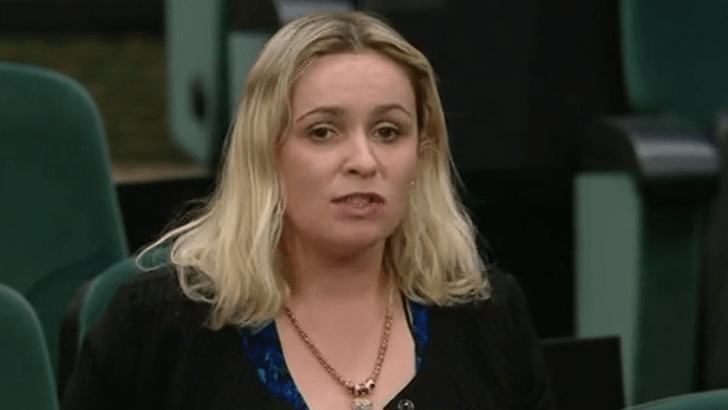The generation of human-animal embryos exists in a “legislative vacuum”, a TD has discovered on the back of a parliamentary question concerning the procedure.
This comes as a team of American and Chinese scientists recently created a human-monkey embryo by injecting human stem cells into monkey blastocytes, some of which were kept alive for up to 20 days.
Laois-Offaly TD Carol Nolan asked the Minister for Health if “chimeric” human-animal hybrid embryos are subject to regulation in Ireland and heard that currently there is no specific legislation regulating this practice.
Deputy Nolan said she finds it “incomprehensible” that such a practice could be without regulation and said it “must be addressed as a matter of urgency”.
“I asked the question because I think it is important to highlight existing or potential threats to human dignity at all stages of human development, including at the embryonic stage,” Ms Nolan said, continuing, “And, perhaps more importantly, what are we doing as a legislative body to protect human dignity in terms of regulation”.
The issue is of cause for “ethical concerns” at the “existential level”, said bioethicist David Mullins, but clarified that “not all mixtures of human and animal cell types ought to be prohibited”.
“In fact there are perhaps thousands of existing procedures which mix human and animal biological material that give rise to only limited ethical concern,” he said.
Mr Mullins offered Pope Pius XII’s guidance on the matter, which said that animal organ transplants into a human body are acceptable on three conditions, one of which being that “the transplanted organ does not impair the integrity of the genetic or psychological identity of the recipient”.
Ensuring the dignity of the human person is safeguarded is the “aspect of the debate that we urgently need to engage in here in Ireland,” Mr Mullins said.
Read more here: Human-monkey embryos point towards a dark horizon



